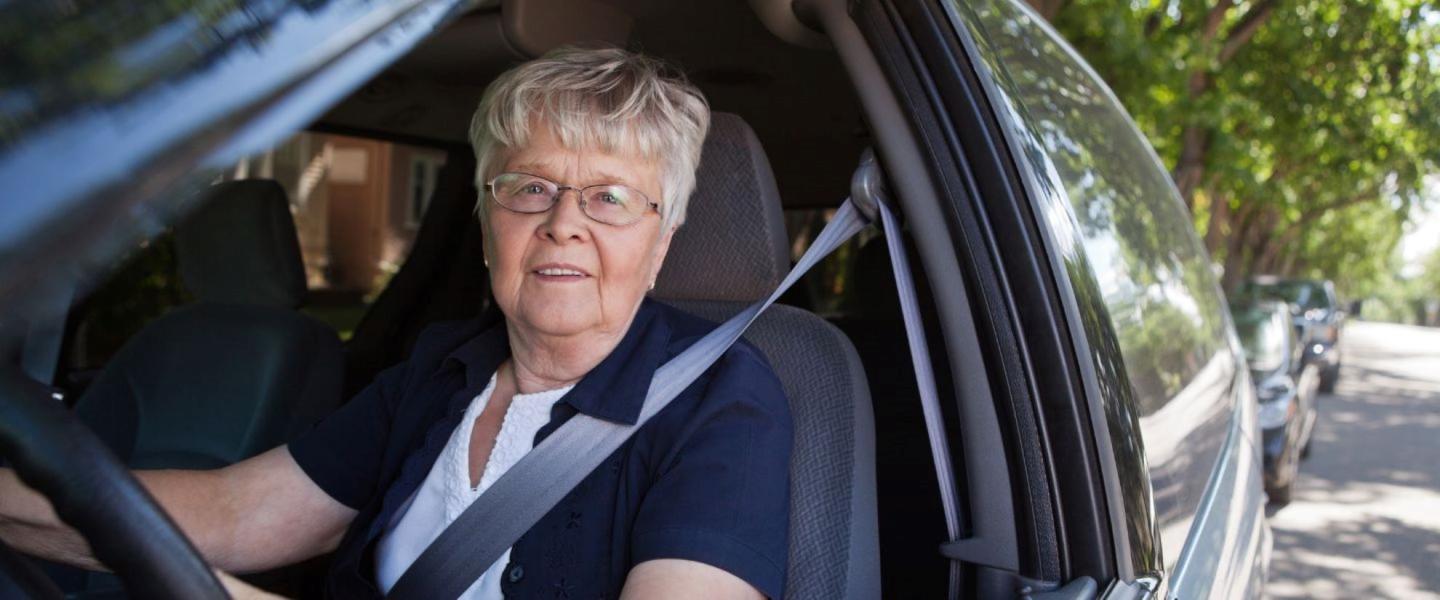VASA is a long-established charity providing a lifeline to many. This is through community transport with volunteer drivers, wheelchair loans and activities and clubs supporting all generations including a baby club, care for people living with dementia and all carers across Stratford District as well as Rugby Borough and South Warwickshire.
Funding awarded: £9420
Within Stratford town, VASA works with almost 100 volunteer drivers who help to transport people to medical appointments and social inclusion groups. This equates to around 11,000 journeys each year in Stratford alone. Some of these are regular due to attendance for chemotherapy or renal treatment at Stratford Hospital and some are on off occasions.
They also provide a dementia daycare service one day a week in Stratford upon Avon, and others in Wellesbourne and Leamington Spa, which provides respite for carers. They run regular carer support groups and community cafes, including one at Stratford Football Club which helps to signpost people to support and advice. The hardship fund which the Trust contributes to helps VASA’s work with Blind Veterans, Warwickshire Vision Support and also work with refugee organisations.
In 2021, we provided funding for VASA to undertake a strategic review to determine the future direction of the organisation. The charity has been through periods of upheaval and change, particularly during the Covid pandemic. There was a dramatic increase in the need for community transport to take people to their vaccine appointments and volunteers stepped forward as people were looking for ways to help.
During the pandemic, it was clear that both needs and services were changing, resulting in new opportunities to connect people in the community. Through this review (with an independent consultant) it undertook a deep consultation with service users and stakeholders – allowing VASA to get an up-to-date detailed understanding of the needs of the community across its core work. They realised they needed to invest in developing the organisation and the role of volunteers.
David Wootten, Funding and Development Manager at VASA, said: “The review helped us to do identify how we could do things better and resulted in a five-year plan to set out our direction for the future. It enabled us to focus more on our back-office functions and awareness and we have already seen the success of that.”
The review also enabled VASA to apply for funding through the lottery. The bid was successful and led to the creation of two new roles: a Volunteer Coordinator and a Community Connector both fully funded for five years.
David said: “So many services have moved online now, and many people are experiencing digital poverty. Being able to get out and about into the community at Warm Hubs and coffee mornings means we are better placed to be proactive in reaching those who struggle to access services. There is also an increase in demand for services due to a reduction in public transport, particularly in rural areas.”
The daughter of one of VASA’s passengers said to them: “Thank you so much for looking after F over the last few months. You have always shown him kindness and compassion and I know he has really enjoyed travelling with you.”
The positive impact of their provision extends to their volunteers who report the benefits to their social lives and wellbeing.
Ali Gravestock, Transport Manager at VASA said: “Our volunteers enjoy the flexibility of being able to choose how and when they volunteer. They can sign up on our portal for any journeys they are available for. The fact that many of our volunteers stay with us for a number of years is testament not only to their commitment but also to the satisfaction they gain from the role.”
One volunteer driver regularly took a wheelchair user to their wheelchair dance class each week and another took a young person with cerebral palsy to a support group.
One of VASA drivers said: “You don’t have to have been a carer to volunteer with VASA – you just have to be interested in people and have a bit of fun”
